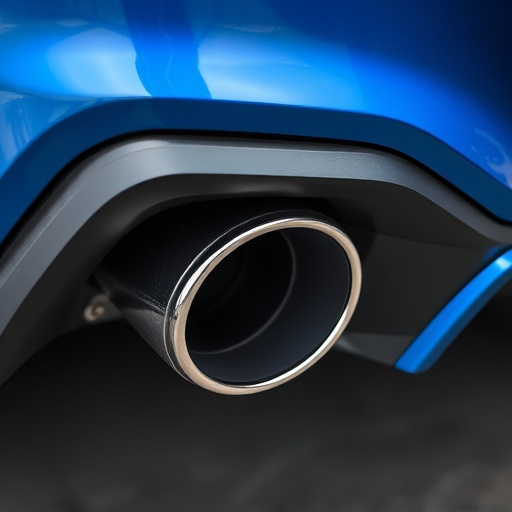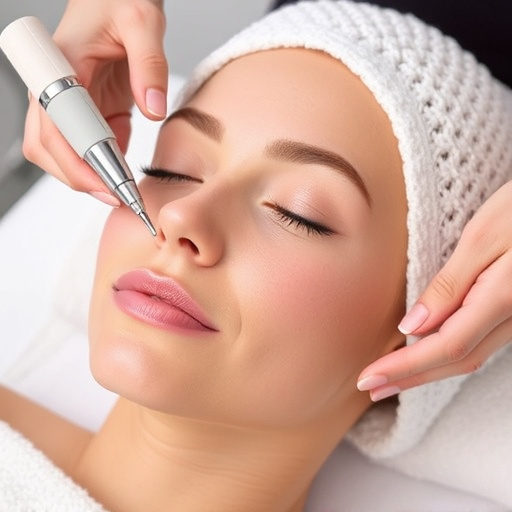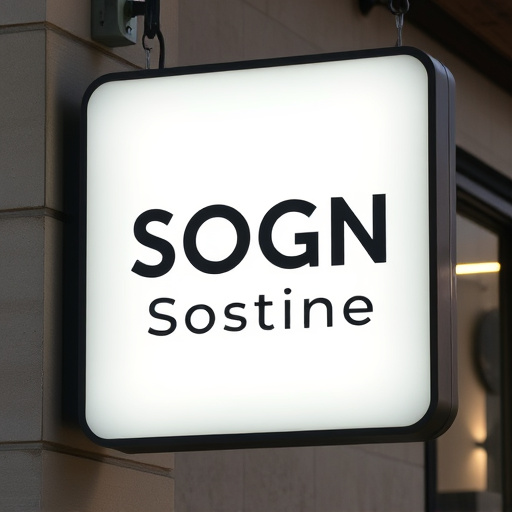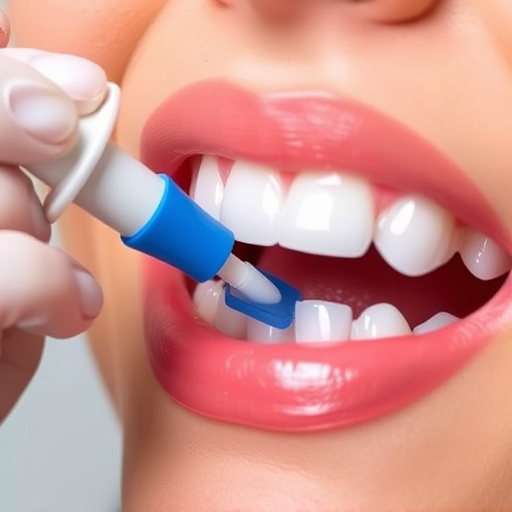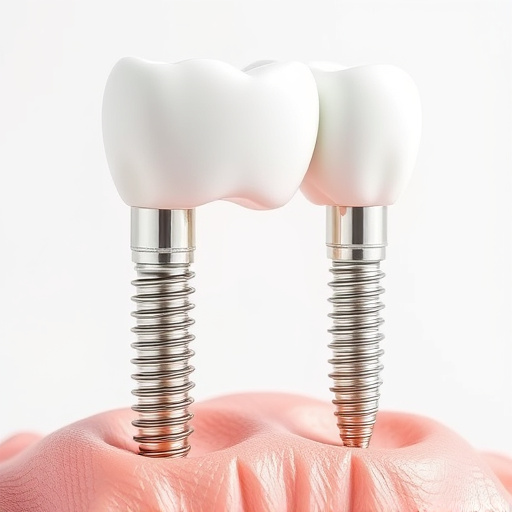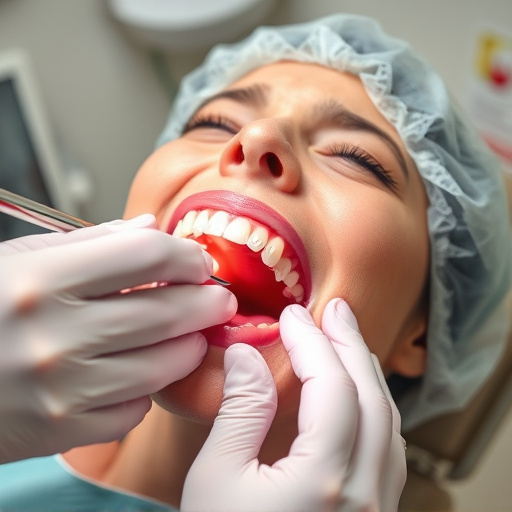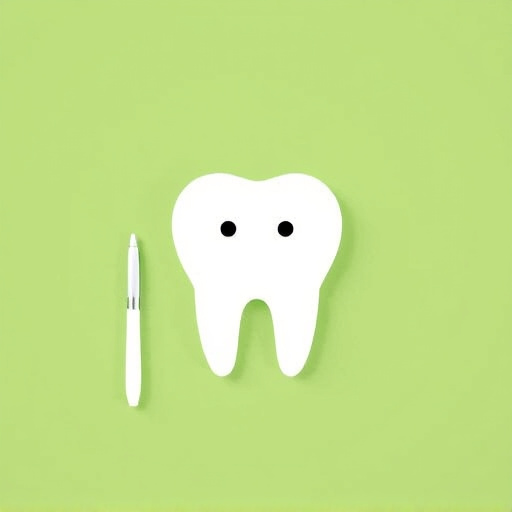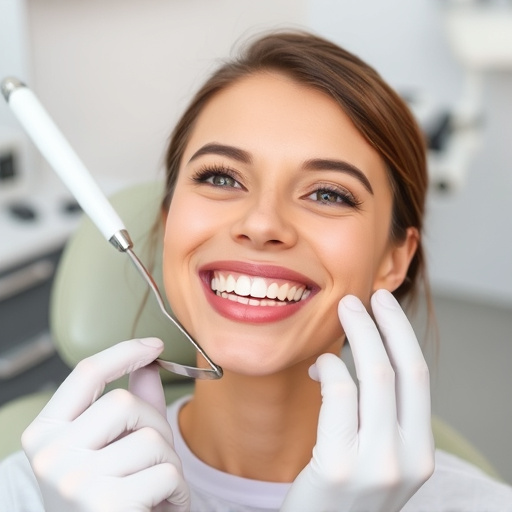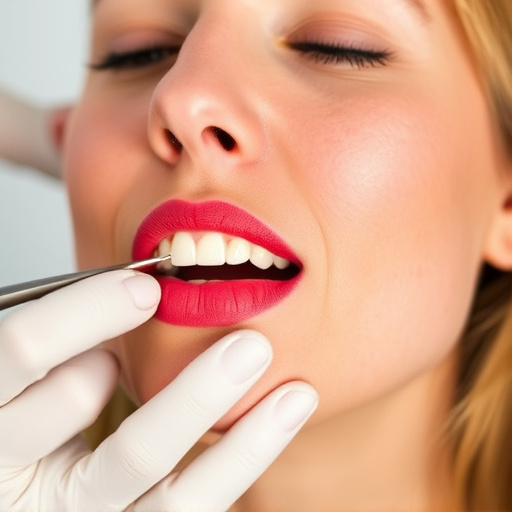Dental health maintenance practices like brushing, flossing, and regular dentist visits are key to preventing oral cancer. Regular check-ups, fillings, and other treatments reduce gum disease risk factors associated with cancer. Early detection through routine care minimizes invasive procedures, leading to better outcomes.
Dental health maintenance is a powerful tool in the fight against oral cancer. By understanding the risk factors associated with this disease, individuals can empower themselves to take preventive measures. This article delves into the critical role of dental hygiene practices in reducing oral cancer risks and highlights the significance of regular check-ups as a crucial defense mechanism. Through these insights, readers will gain valuable knowledge on how to maintain optimal dental health and safeguard against potential oral cancer threats.
- Understanding Oral Cancer Risk Factors
- The Role of Dental Hygiene in Prevention
- Regular Check-ups: A Crucial Defense Mechanism
Understanding Oral Cancer Risk Factors

Oral cancer is a serious health concern that often arises from various risk factors. Understanding these factors is key to prevention and early detection. The good news is, adopting excellent dental health maintenance practices can significantly reduce your chances of developing oral cancer. Regular brushing and flossing, for instance, help remove plaque and bacteria, which are linked to several oral cancers.
Moreover, maintaining regular visits with your dentist goes beyond cleaning teeth; it allows for the early detection of abnormal growths or changes in the mouth. Cosmetic dentistry procedures like dental fillings can also play a role, as they address decayed teeth that might contribute to inflammation and other risk factors. Emergency dental care is not just about treating acute issues; it’s another vital aspect of oral health management, ensuring any potential problems are promptly addressed before escalating into more serious concerns.
The Role of Dental Hygiene in Prevention
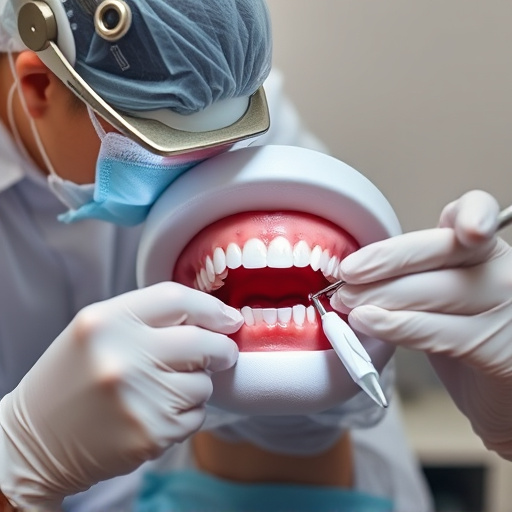
Maintaining good dental hygiene is a proactive step towards reducing oral cancer risk factors. Regular brushing and flossing remove plaque buildup, which can lead to gum diseases like gingivitis and periodontitis – known risk factors for oral cancer. These simple habits ensure that food particles and bacteria are eliminated from the mouth, preventing inflammation and potential cell damage over time.
Moreover, keeping your teeth healthy through regular check-ups and appropriate dental treatments also plays a crucial role. For instance, dental crowns can restore damaged teeth, clear aligners can correct misalignments, and dental fillings can repair cavities – all contributing to a healthier oral environment. Such measures not only prevent further complications but also provide a solid foundation for long-term dental health maintenance.
Regular Check-ups: A Crucial Defense Mechanism
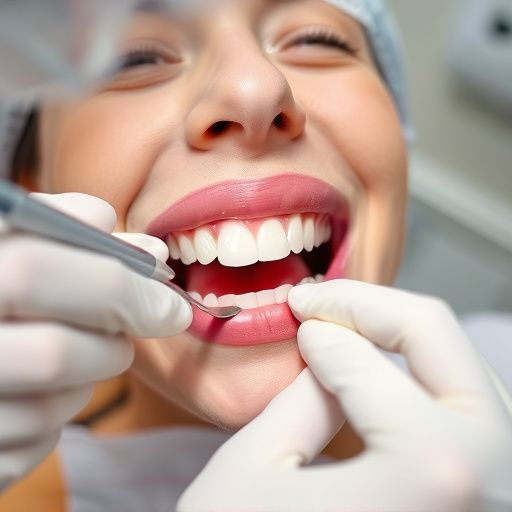
Regular dental check-ups are an integral part of maintaining optimal oral health and play a pivotal role in cancer prevention. Many people often overlook the significance of routine visits to their dentist, but these appointments serve as a powerful defense mechanism against various health issues, including oral cancer. During these check-ups, dental professionals not only assess the condition of your teeth and gums but also look for early signs of abnormalities that could be indicative of potential problems.
Preventive dentistry is key in reducing risk factors associated with oral cancer. By addressing concerns like tooth decay, gum disease, and even certain types of mouth lesions, dentists can significantly lower the chances of developing cancerous cells. Emergency dental care, while crucial for severe cases, is only a temporary solution. Regular maintenance ensures that any potential issues are caught early, allowing for less invasive treatments and better outcomes, including preventing the need for painful procedures like tooth extractions.
Maintaining optimal dental health is not just about a beautiful smile; it’s a powerful preventive measure against oral cancer. By understanding risk factors and adopting diligent dental hygiene practices, including regular check-ups, individuals can significantly reduce their chances of developing this severe disease. Dental health maintenance is a proactive approach that empowers folks to take control of their oral well-being and, ultimately, their overall health.

